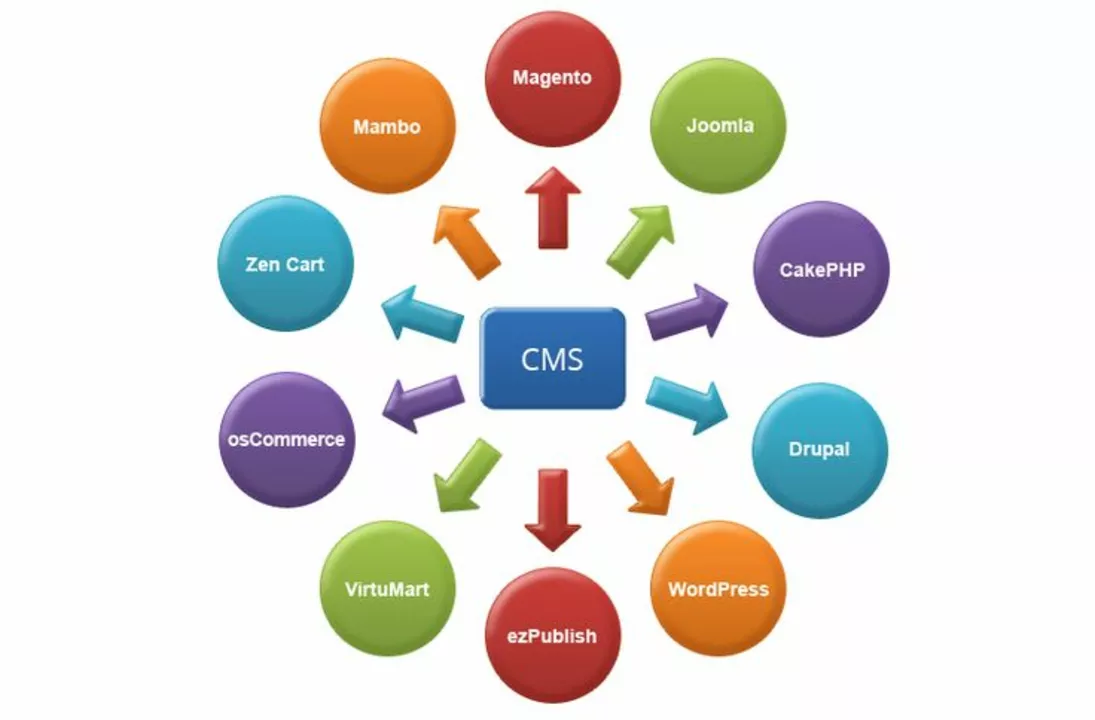Websites: posts, news and practical guides
Looking for quick takes, how-tos, or news picked from across our site? The "websites" tag groups posts that touch the online world — from media coverage and site reviews to practical advice you can use right away. Expect a mix: opinion pieces, local news items, tech tips, and lifestyle posts that reference websites or online resources.
What you’ll find here
Short explainers and opinion pieces that mention websites or web-driven topics. You’ll see posts about news media and how it covers politics, local crime reports that reference online reports, guides about settling abroad that point to useful expat sites, and even practical product advice like whether a smartphone is worth buying based on online reviews. Some posts are quick reactions, others are deeper takes. Each one links real examples and names so you can follow up if you want more detail.
Why this matters for property readers: many property decisions start online. Whether you’re checking neighbourhood reviews, scanning developer websites, or reading legal updates, knowing how to read and judge web content helps you avoid bad information and spot useful leads faster.
How to use these posts
Start by skimming titles and descriptions to find what fits your need. If it’s a how-to or guide, read fully and note any tools or websites mentioned. For news and opinions, check the date and look for named sources before taking action. When a post cites a court case, a government notice, or a product review, treat those references as starting points — verify directly on the original site when decisions or money are involved.
Want practical next steps? Use these simple checks: read the full article for context, note publication date, watch for named sources or quotes, and compare at least one other reliable source. If the post flags a local issue (crime, policy change, or builder dispute), contact local authorities or a professional before acting.
We keep the language clear and aim to be useful. If a post feels opinionated, that’s the author’s view — take it as perspective, not a final verdict. If a post reads like news, check the specifics listed: who, when, and where. That helps you separate fact from commentary fast.
Browse the list below to jump into items that match your interest. Use the tag to gather different angles on the same topic — compare a news report, an opinion piece, and a practical guide to get a fuller picture. Found something useful or something that needs correction? Share feedback with the author or leave a comment so we can improve the accuracy for everyone.
Want focused property tools and site reviews? Search the tag for keywords like "reviews," "guides," or "how-to" inside the "websites" collection to find posts that point directly to online tools and resources useful for buying, renting, or researching property in India.

What is CMS for NDTV and Times of India websites?
As a blogger, I recently explored the CMS (Content Management System) utilized by popular Indian news websites like NDTV and Times of India. These platforms use a customized CMS to manage and publish their vast amount of content efficiently. The CMS allows their editorial teams to collaborate seamlessly and maintain a consistent user experience across their websites. It also helps them in streamlining the publishing process and staying relevant in the fast-paced digital news world. Overall, a robust CMS is crucial for large-scale news websites like NDTV and Times of India to deliver quality content to their audience.
Content Management Systems (CMS) for News Websites
What are the best sites for Indian news?
The article discusses the best websites for Indian news. It mentions the official websites of leading Indian newspapers such as The Times of India and The Hindu, as well as other popular sources like NDTV and India Today. Additionally, it mentions websites like Reuters and BBC News that provide coverage of international news with an Indian perspective. It concludes that each of these sources has its own strengths and weaknesses, and readers should evaluate them based on their individual needs and interests.
Indian News Websites



